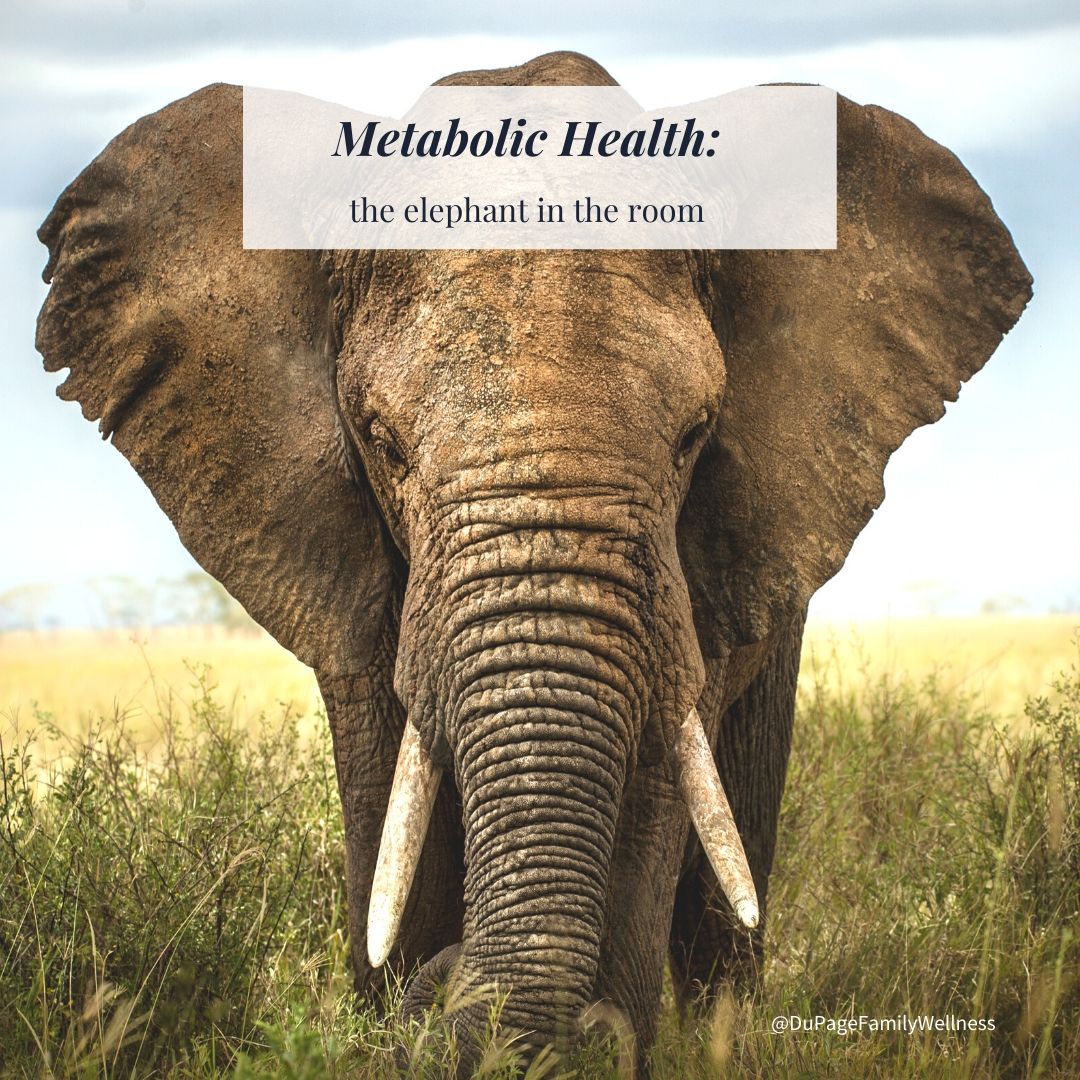 With all that is going on in our world today, everyone wants to be healthy. People want to boost their immune system, so their bodies will be resilient and strong.
With all that is going on in our world today, everyone wants to be healthy. People want to boost their immune system, so their bodies will be resilient and strong.
Many people consider themselves healthy since they are active and in a normal weight range. But research is showing that it is possible even for thin people to be quite unhealthy. It’s like they are thin on the outside, but fat on the inside.
So what does it mean to truly be healthy? How do we measure our health objectively? And what can we do to improve our health?
Recently, I listened to one of my favorite podcasts The Doctor’s Farmacy. In it, Dr. Hyman was speaking with Dr. Aseem Malhotra on this very topic. Dr. Malhotra is a cardiologist, professor, author, and health advocate in the UK. They talked about Metabolic Health, how to measure it, why it matters, and the impact it has on public health.
Let’s take a brief look at this important subject and how you can use this knowledge on your journey to wellness!
What is Metabolic Health?
Metabolic health involves having ideal measures of waist circumference, blood pressure, triglycerides, high-density lipoprotein (HDL) cholesterol, and blood sugar (HbA1c) without the use of medications.
If you have had any lab work done recently (and some measuring tape), grab it and see if you fit into the metabolically healthy category. Here is what we are looking for.
- Waist circumference less than 40 inches for men and 35 inches for women
- Blood pressure close to 120/80 without the need for medication
- Triglycerides for sure less than 150, although less than 70 is ideal
- HDL over 50 for women and over 40 for men
- Hemoglobin A1C under 5.7% (Closer to 5% is even more optimal, but for sure under 5.7 to be out of the prediabetes range).
Dr. Malhotra considers the link between metabolic health and health outcomes to be the major elephant in the room. Let’s take a look at the impact these factors have on health outcomes and what we can do to improve our metabolic health.
Why is Metabolic Health Important?
Research has found that factors associated with metabolic health are directly related to one's risk for heart disease, diabetes, and strokes.
In 2009, data from a flu pandemic in California found that 61% of people who died during the pandemic were obese. It is believed that the excess body fat caused a dysregulated immune response to the virus, which led to a cytokine storm. This, complicated by the reduced lung capacity and underlying issues found in those who are obese, led to Adult Respiratory Distress Syndrome (ARDS) and ultimately resulted in these deaths.
We continue to find that metabolically unhealthy people are more susceptible to all diseases. Current data suggests that metabolic syndrome increases your risk of mortality from Covid-19 up to 10 times more than someone without it. In fact, data suggests “94 to 97% of Covid-19 deaths are in people who are either overweight, obese or have a chronic illness.” And those who are obese have it for 42% longer than those who aren’t.
With this in mind, Dr. Malhotra states, “The real pandemic is a pandemic of metabolic disease that we have in the UK and in the US.”
How Many of Us Are Metabolically Healthy?
In a study, from the University of North Carolina found that only 1 in 8 American adults have optimal metabolic health. This may not be surprising considering that 75% of the population of the United States are overweight, and that is only one of the measures of metabolic health.
When an individual fails to meet three or more of the criteria for metabolic health, they are considered to have metabolic syndrome. Currently approximately 23% of adults have metabolic syndrome.
Fortunately, simple lifestyle changes can make a significant impact on metabolic health rather quickly.
How to Improve Metabolic Health?
It is possible to reduce your risk and even reverse metabolic syndrome. These benefits can be achieved by making basic lifestyle changes.
- Eating a real food diet: A healthy diet is one rich in vegetables, healthy fats & proteins, with little to no processed foods, added sugar, etc.
- Strive to maintain a healthy weight: This will help reduce dangerous belly fat and bring you the ideal range for waist circumference.
- Exercising regularly: This helps your body weight, blood pressure, and blood sugar.
- Sleep hygiene:
- Stress management:
- Quitting smoking:
Dr. Hyman states, “if people do these changes now, they are going to be metabolically more resilient, their immune system is going to be more resilient within the space of a month.”
The Impact on Public Health?
Dariush Mozaffarian, a nutrition scientist researching diet and public policy, attributes 11 million deaths to poor diet. He believes that we could cut these deaths in half within a year if people globally would adopt a healthy diet.
This would include people eating more produce, oily fish, nuts, and seeds, while avoiding processed foods and sugar. And could possibly prevent 5 million deaths associated with heart disease!
If you are interested in learning more about this fascinating topic, Dr. Hyman’s podcast would be a great place to start.
And as always, I am here for you! Feel free to reach out to me if you’d like help addressing concerns about your metabolic health.
Dr. Jamie

